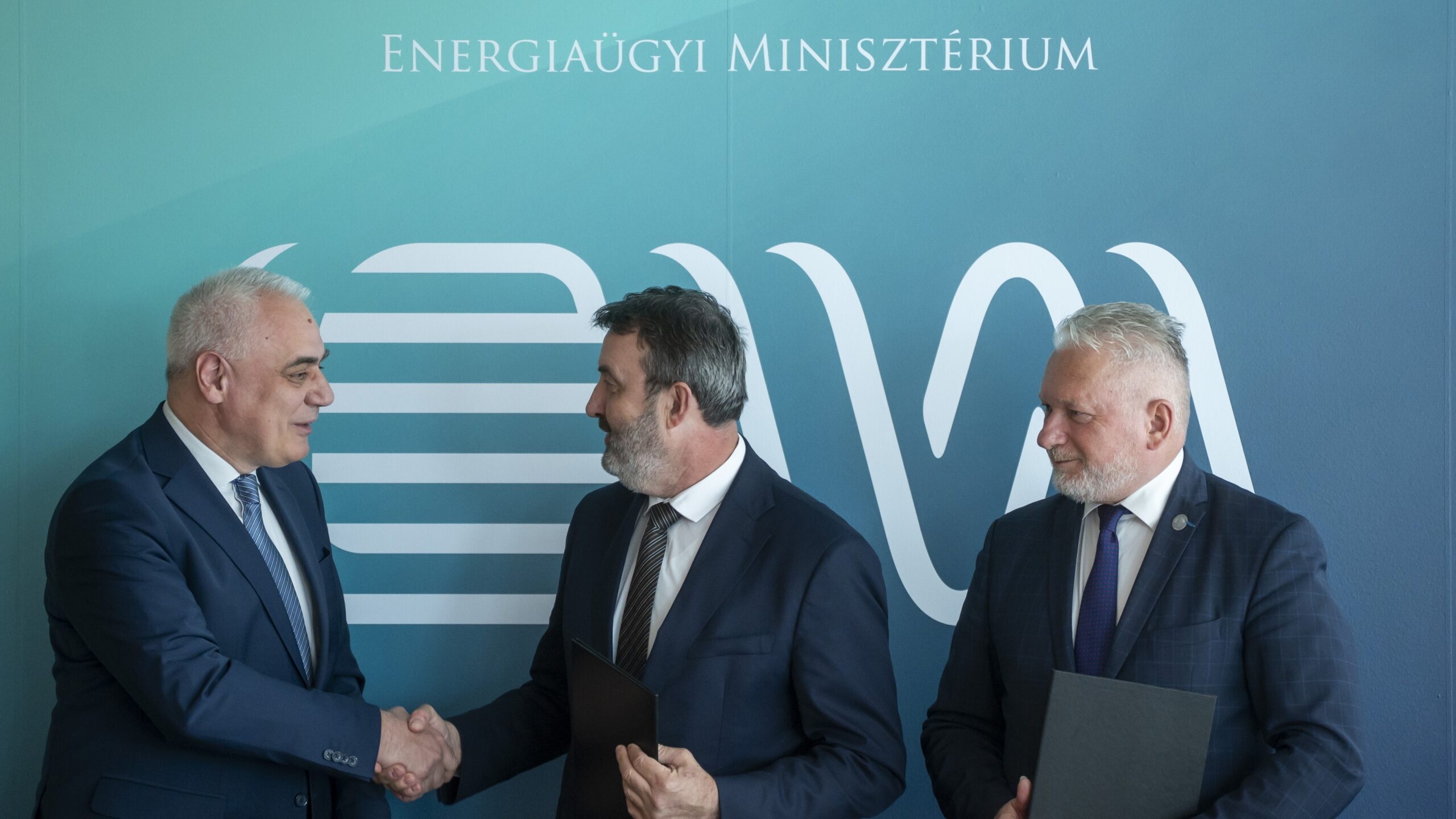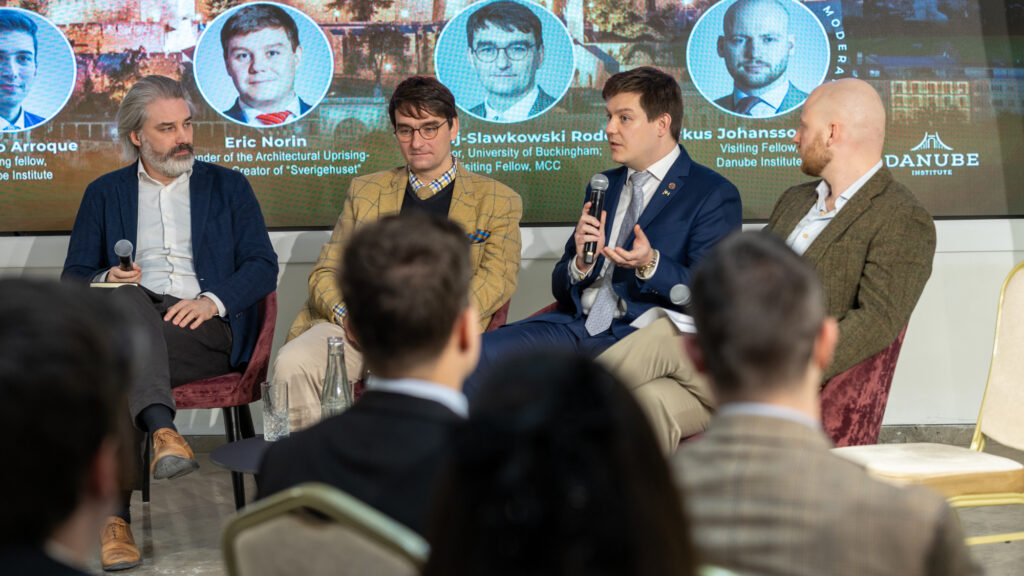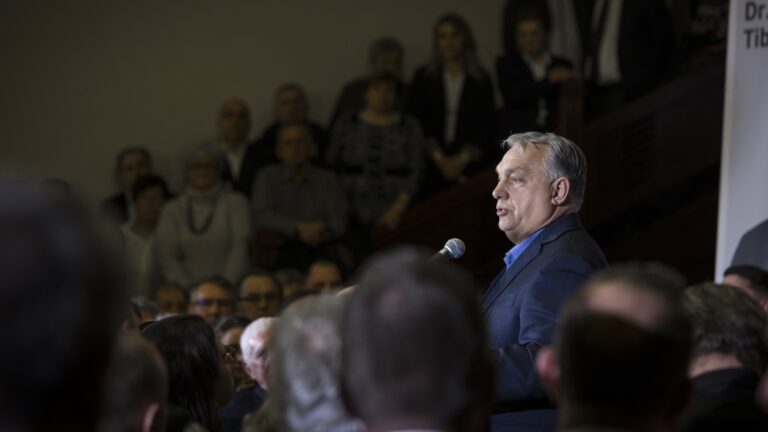Hungary is set to revise its national artificial intelligence strategy to better exploit the social and economic potential of the technology, with a new emphasis on education and ethical use, László Palkovics, the Government Commissioner for Artificial Intelligence, announced in Budapest on Tuesday.
At the signing ceremony of a strategic cooperation agreement with Eötvös Loránd University (ELTE), Palkovics underscored that the fear surrounding AI is largely due to a lack of knowledge. ‘That’s why AI education must begin as early as kindergarten,’ he stated, emphasizing the importance of preparing society from the ground up.
As part of the government’s AI strategy review, Palkovics explained that Hungary will rely on strong institutional partners, highlighting ELTE as an ideal collaborator due to its status as the country’s largest and only state-run university. ELTE’s broad multidisciplinary expertise spans the humanities, law, pedagogy, natural sciences, and IT, making it uniquely positioned to shape both the technical and societal dimensions of AI.
The partnership aims to promote human-centred AI and ensure its benefits are felt across society, while mitigating risks through ethical and responsible development. Palkovics pointed out that clarifying legal and regulatory issues around AI is a top priority, especially in light of the European Union’s AI Act. However, many critical areas, such as liability, remain unresolved.
He also noted the key role of ethics in AI development, asserting that the humanities disciplines can provide crucial insight into responsible AI use. ‘Developing trustworthy technologies that enhance human abilities requires interdisciplinary collaboration,’ he said.
ELTE rector László Borhy welcomed the agreement, saying the university has been working on AI applications for years and is honoured to be the government’s first partner in this field. While AI cannot replace the joy of scientific discovery, Borhy said, it opens vast new horizons in every discipline. As an example, he mentioned an upcoming international archaeology conference where AI’s relevance will be a central topic.
He added that ELTE is actively applying AI-based methods across its humanities, natural sciences, and IT faculties. The university, he emphasized, is committed to being an engaged and constructive partner in the government’s AI efforts.
Lénárd Darázs, ELTE’s newly appointed rector, called the agreement a new chapter in AI development, where the focus shifts from theory to practical application in the service of society. He stressed the growing importance of digital education, pointing out that traditional teaching methods are no longer sufficient in light of shifting labour market demands.
Darázs also noted that while progress has been made in digitalizing Hungary’s cultural heritage, there is still ground to cover in managing data assets and leveraging the country’s data economy.
Related articles:







